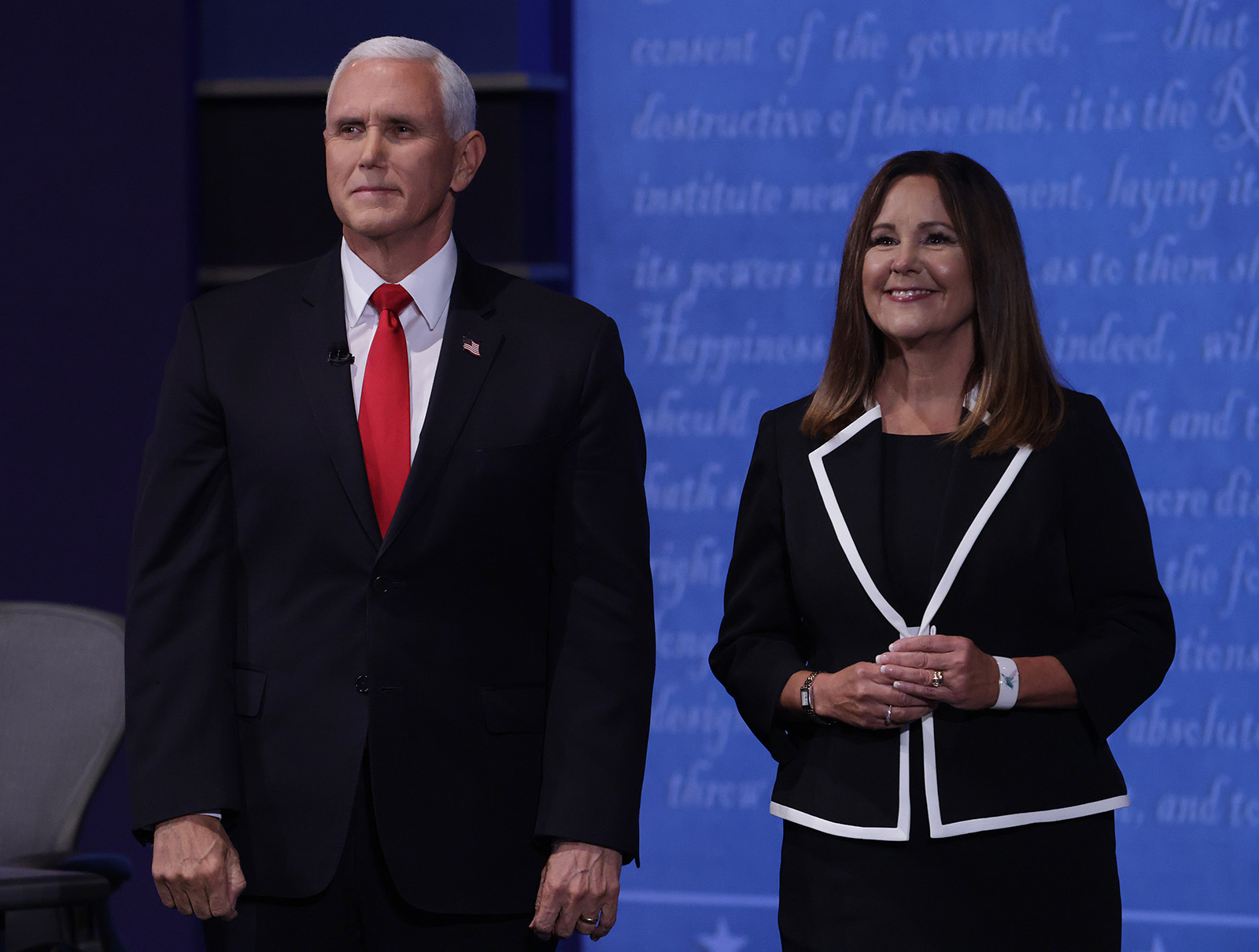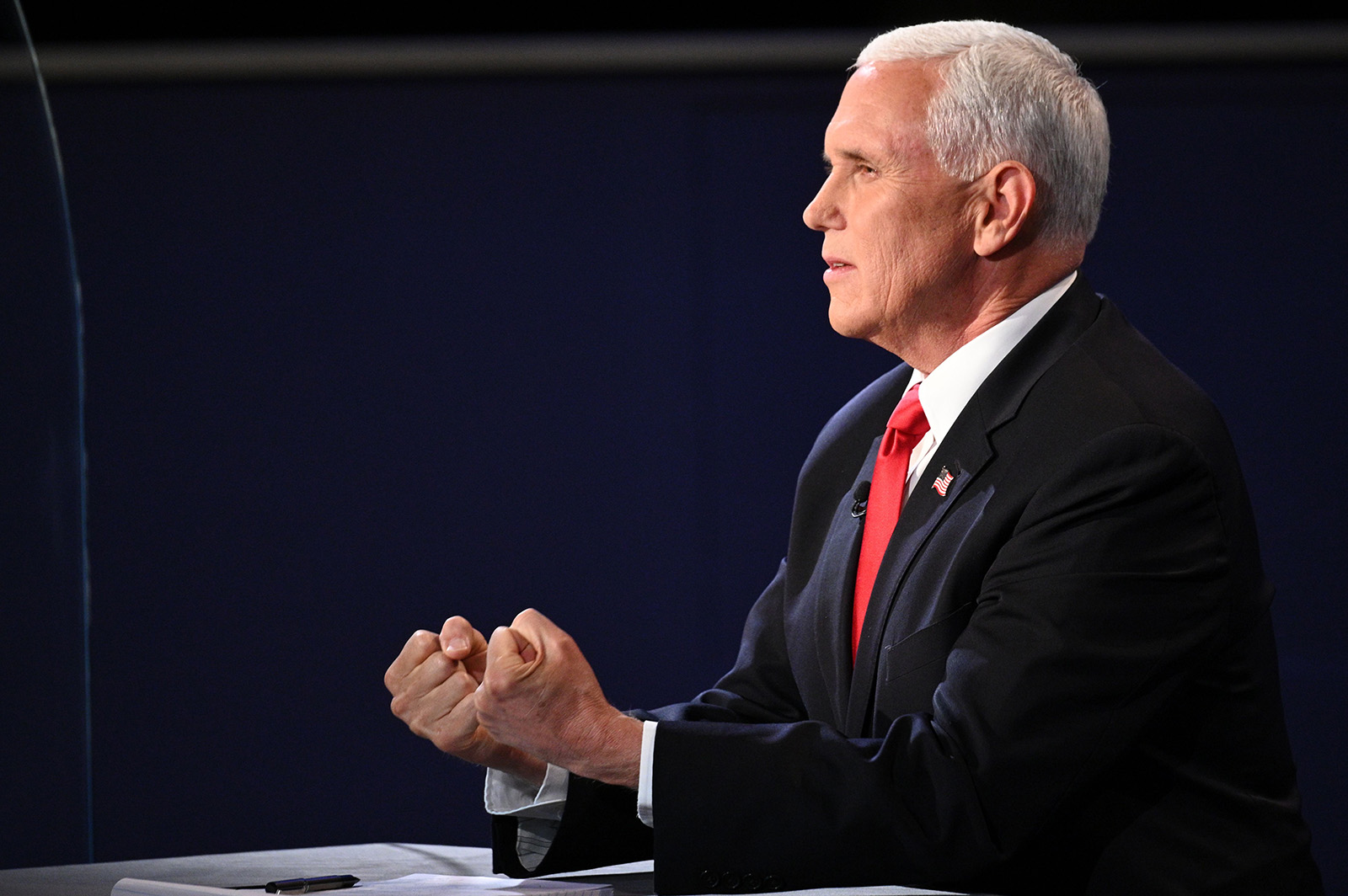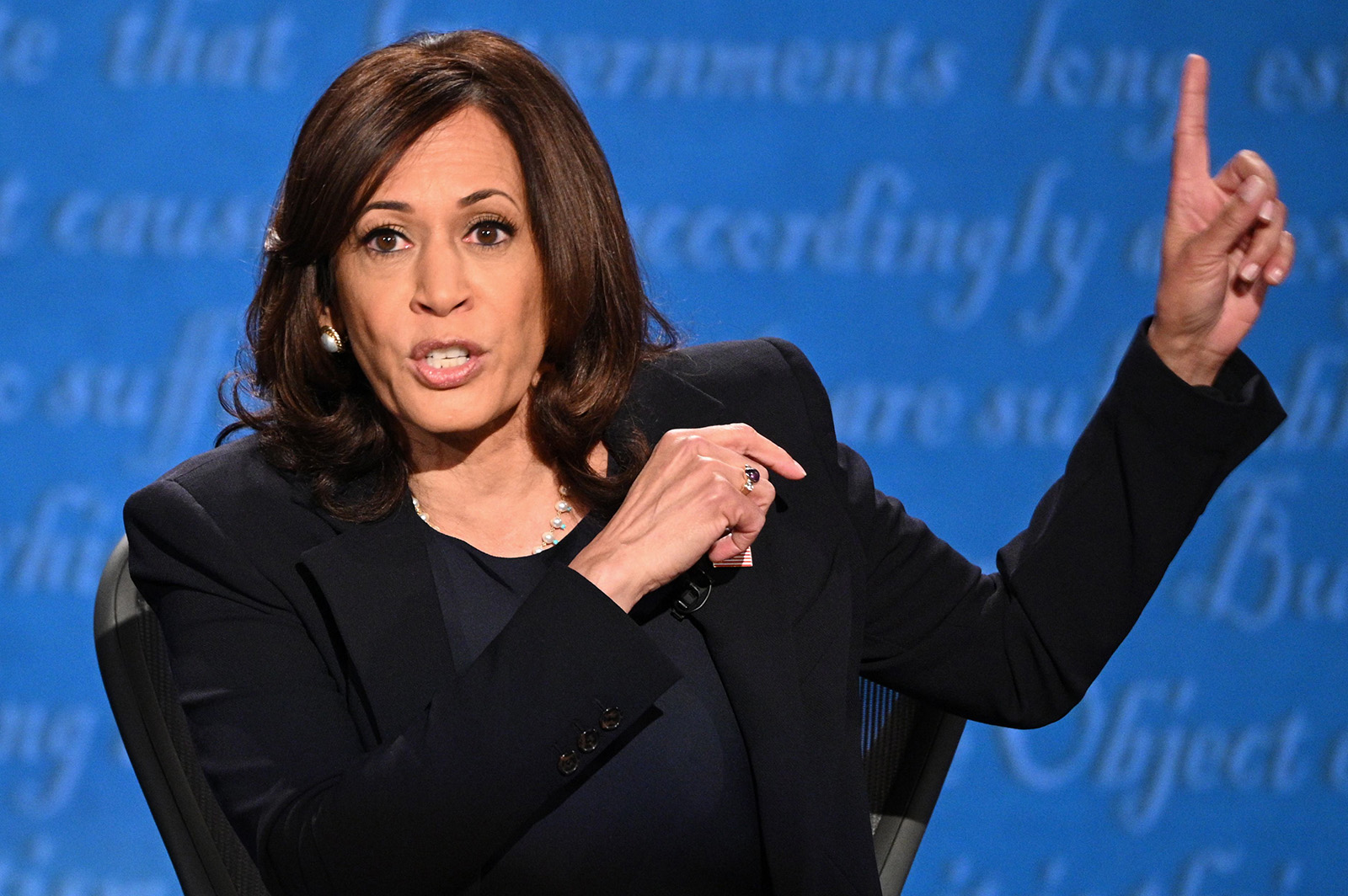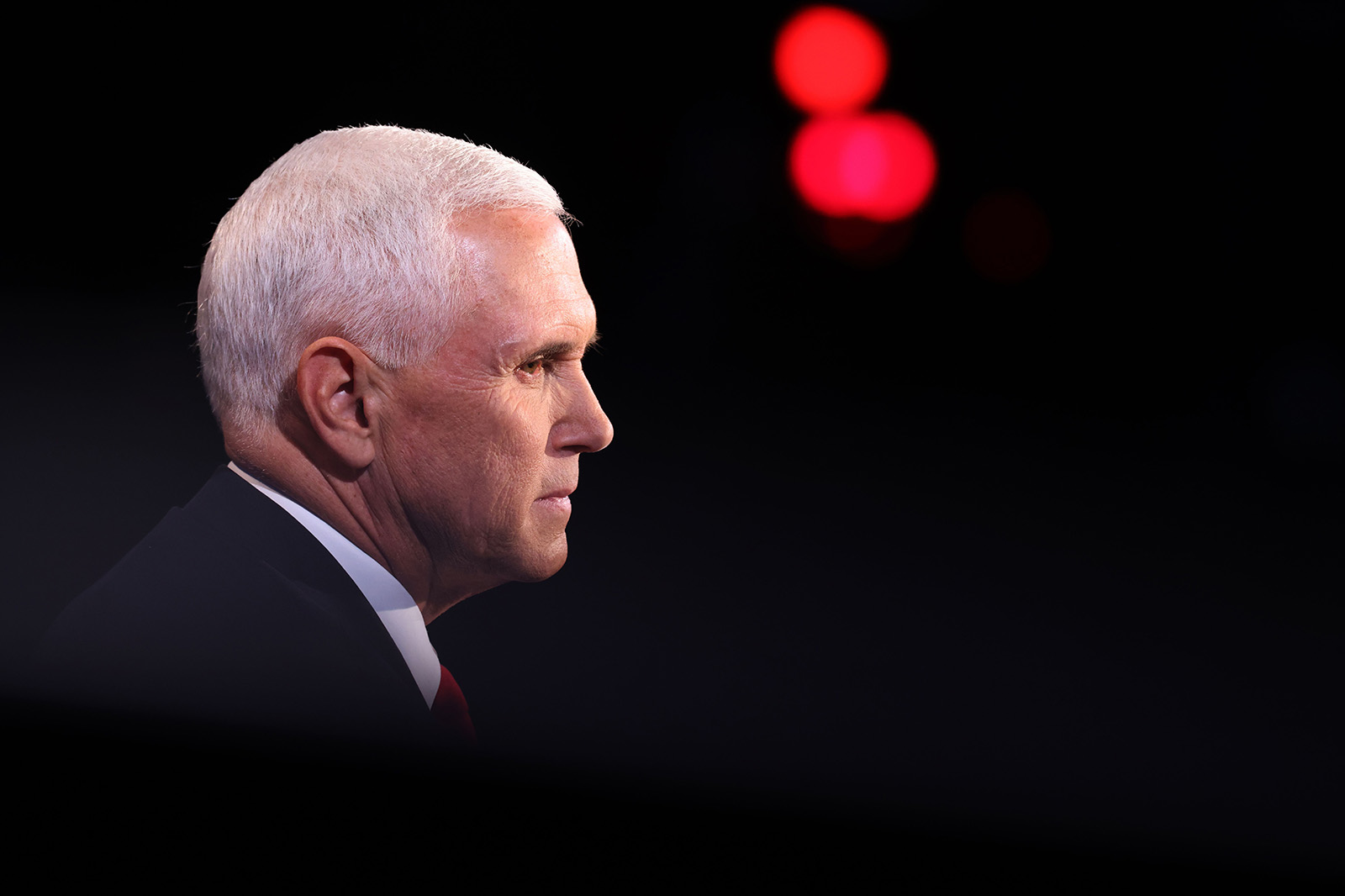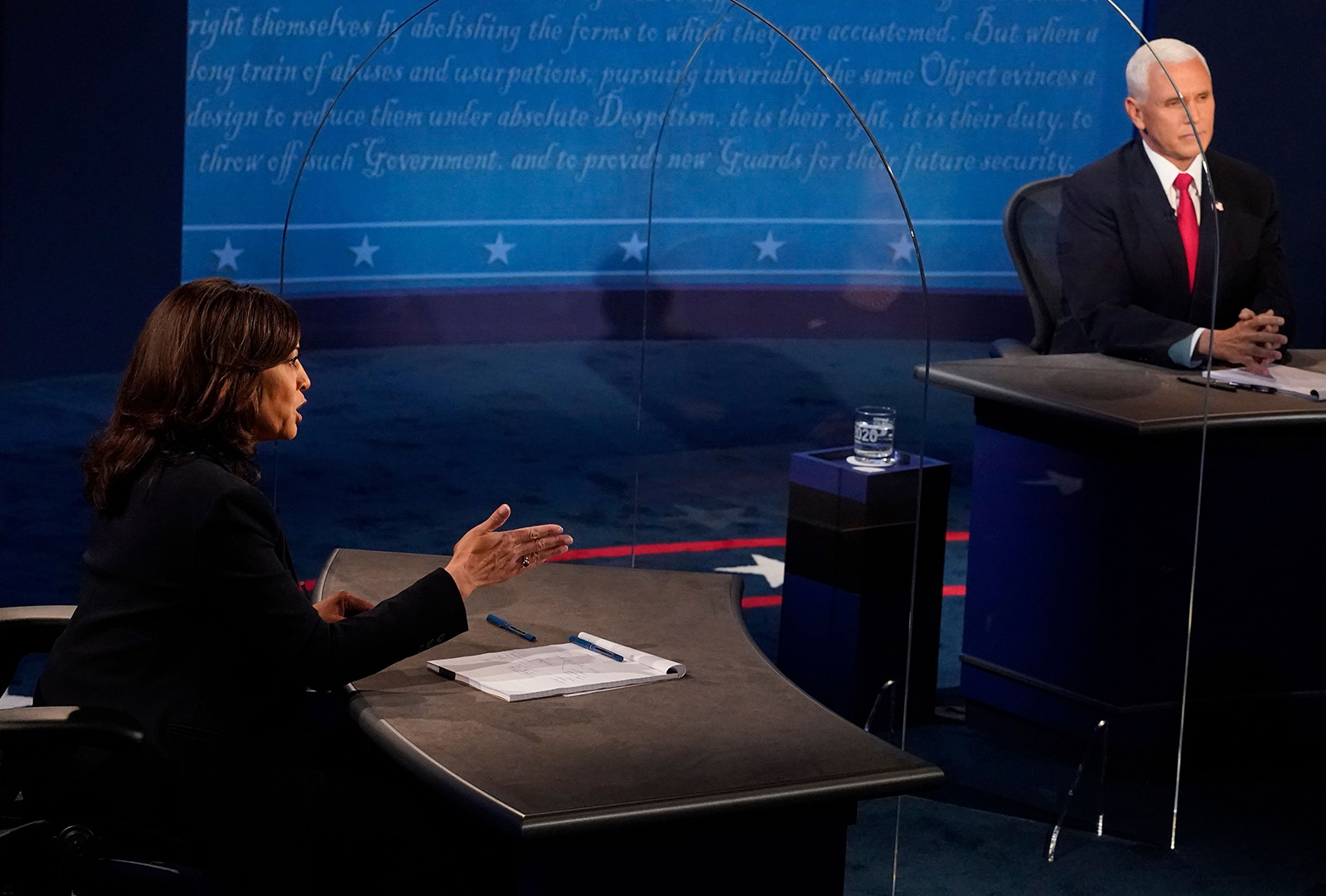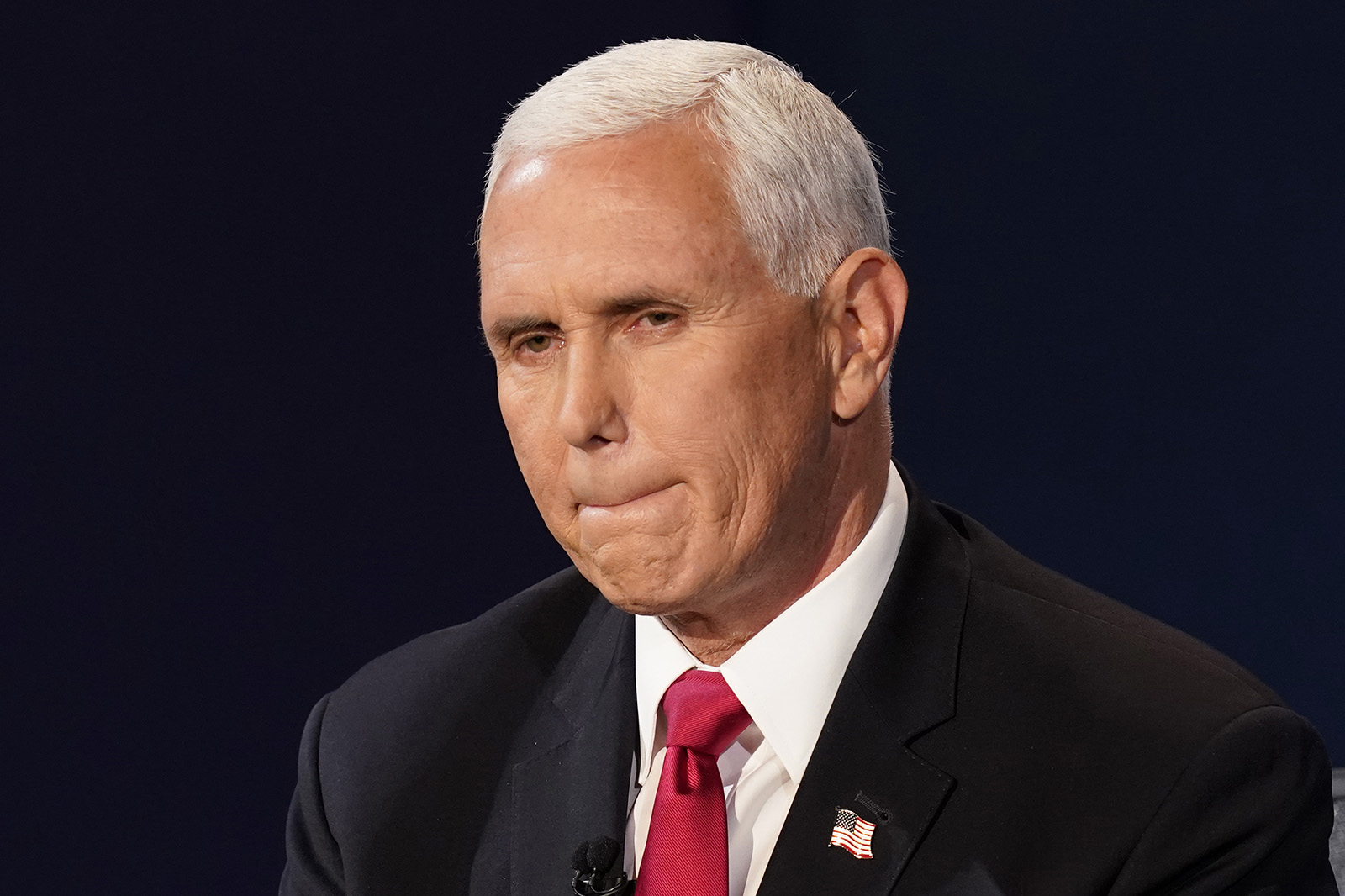
President Trump has repeatedly refused to commit to a peaceful transfer of power if he loses the election.
Tonight, Vice President Mike Pence got the same question – and gave about the same answer, only in more measured tones.
First, Pence reiterated his confidence that the Republican ticket would be victorious on Election Day and talked up the “movement” behind Trump.
Then he pivoted to a rosy summation of Trump’s record and touted the President’s appointment of conservative judges to the federal bench.
Pence went on to accuse Democrats of trying to effectively steal the 2016 election from Trump, citing the investigation into Russian election interference – and parroting Trump’s familiar declaration that the probe found “no obstruction” and “no collusion.”
From there, it was onto impeachment, which Pence – again echoing Trump, though in a lower register – described as being centered on “a phone call.”
After a Hillary Clinton mention, Pence once again and finally used Trump’s equivocal phrasing, saying, “If we have a free and fair election, we'll have confidence in it. And I know and believe that President Donald Trump will be re-elected for four more years.”
In short, he didn’t answer the question.
Here's how the question played out:
